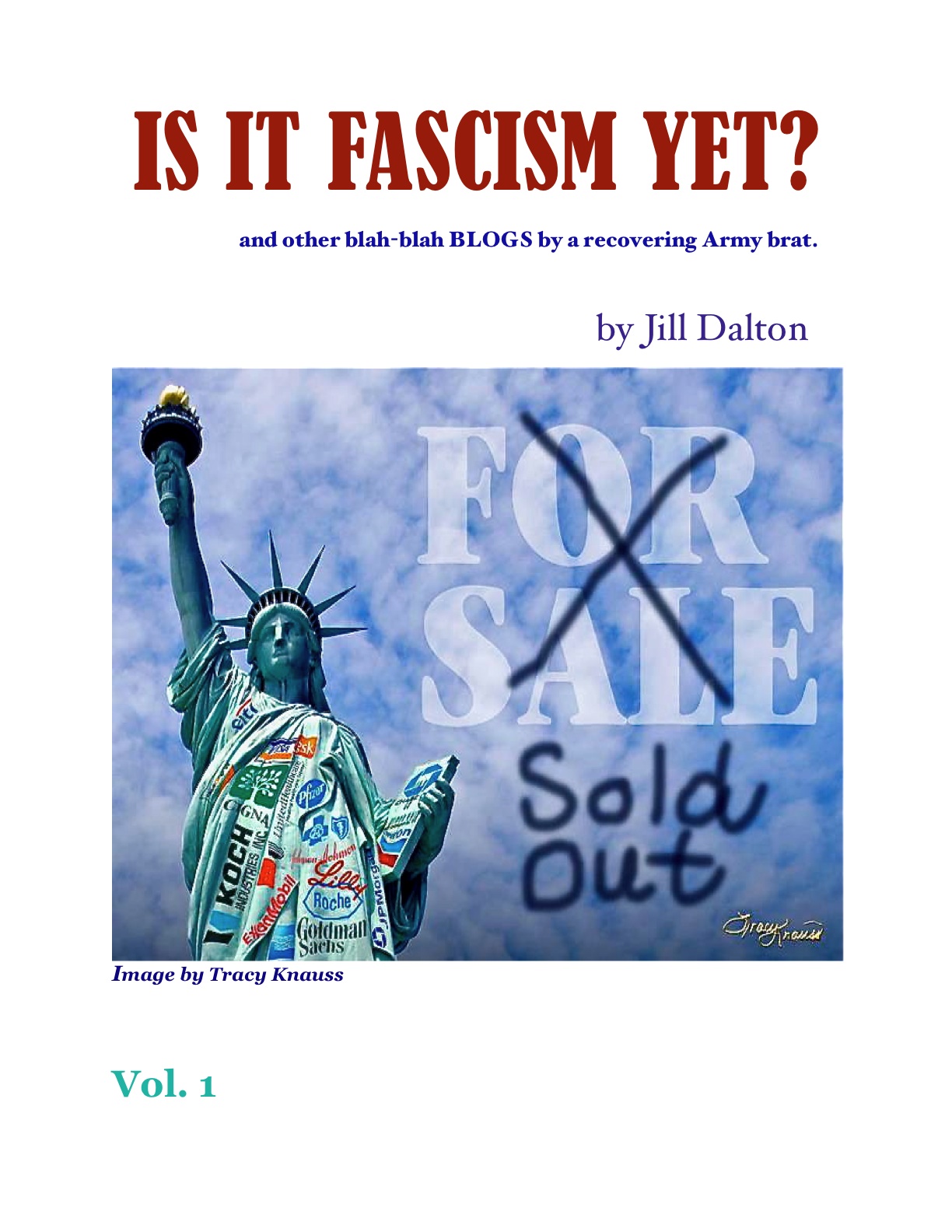by Jill Dalton
Who the heck is Arun Gandhi, you might ask. He's the fifth grandson of Mohandas K. Gandhi, the preeminent leader of Indian nationalism in British-ruled India who led India to independence and inspired civil rights and freedom movements across the globe by employing nonviolent civil disobedience tactics. Arun is also a peace activist in his own right. He's the President of the Gandhi Worldwide Education Institute, and travels the world speaking about the practices of peace and nonviolence. For over thirty years he was a journalist for The India Times, and currently writes a blog for The Washington Post.
On Sunday, March 23rd, 2014, thirteen years after Arun Gandhi first came to Unity of New York and spoke on forgiveness in the aftermath of 9/11, I had the honor and privilege to hear both Bethany Hegedus and Arun Gandhi speak. The title of their talk was, "Lightning or Lamp?"
As fate would have it, Bethany Hegedus, an aspiring or (to use her term) "pre-published" writer, had escaped the Twin Towers on 9/11 and was sitting in the audience that evening in 2001 listening to Arun tell stories about his famous grandfather. As she listened she thought, "These stories need to be told, and put into a picture book." She'd never done a picture book or even thought about doing one, but the message was implanted in her.
She emailed Arun and thus began their collaboration, which culminated in, "Grandfather Gandhi" a beautiful picture book illustrated by Evan Turk who was 14 years old at the time Bethany and Arun first spoke.
Their newly published book tells of a young boy, Arun Gandhi, more interested in imitating John Wayne or playing bank robbers and sheriff than doing his studies, suffering from guilt over his anger at an older boy who shoved him while playing soccer, "How could he, a Gandhi, be so easy to anger?" Arun ran to his grandfather's hut knowing, "I'd never live up to the Mahatma. I'd never be at peace." He'd never seen his grandfather angry and was surprised to learn that yes, even his grandfather felt anger. "Do not be ashamed, we all feel anger," replied the Mahatma. "Anger is like electricity. Anger can strike like lightning and split a living tree in two." "Or it can be channeled, transformed. A switch can be flipped, and it can shed light like a lamp."
Arun Gandhi is quite unassuming and speaks in calm hushed tones but his message was direct and clear.
Violence is destroying humanity. 9/11's happen everyday around the globe. Violence, destruction, and the killing of people happens everyday somewhere. We need to wake up to this. Violence is growing more and more, and yet we claim to be civilized. We are not civilized. We must change our thinking. The people who believe change is possible are assassinated. We put our peace leaders on pedestals but they expect us to follow them.
Gandhi told Arun shortly before his assassination,
They will follow me in life, worship me in death, but they will not make my cause their cause.
Arun encouraged us to,
W ake up and make their dream our dream, and create a better world. Peace will come through children. They must be taught the right behavior. Anger is the force that leads to the violence we experience. 80% of violence is generated by anger. Learn to use anger constructively. We don't acknowledge our anger. Anger is wonderful. It is the fuel to an automobile. Without anger we won't act. We need to be ashamed of how we use it. Use it to bring light to civilization.
Arun describes himself as a peace farmer.
A farmer goes out, and plants seeds. They hope the harvest will manifest. I plant the seeds of peace in you, and all of us together can change the world.
(Note: You can view every article as one long page if you sign up as an Advocate Member, or higher).







